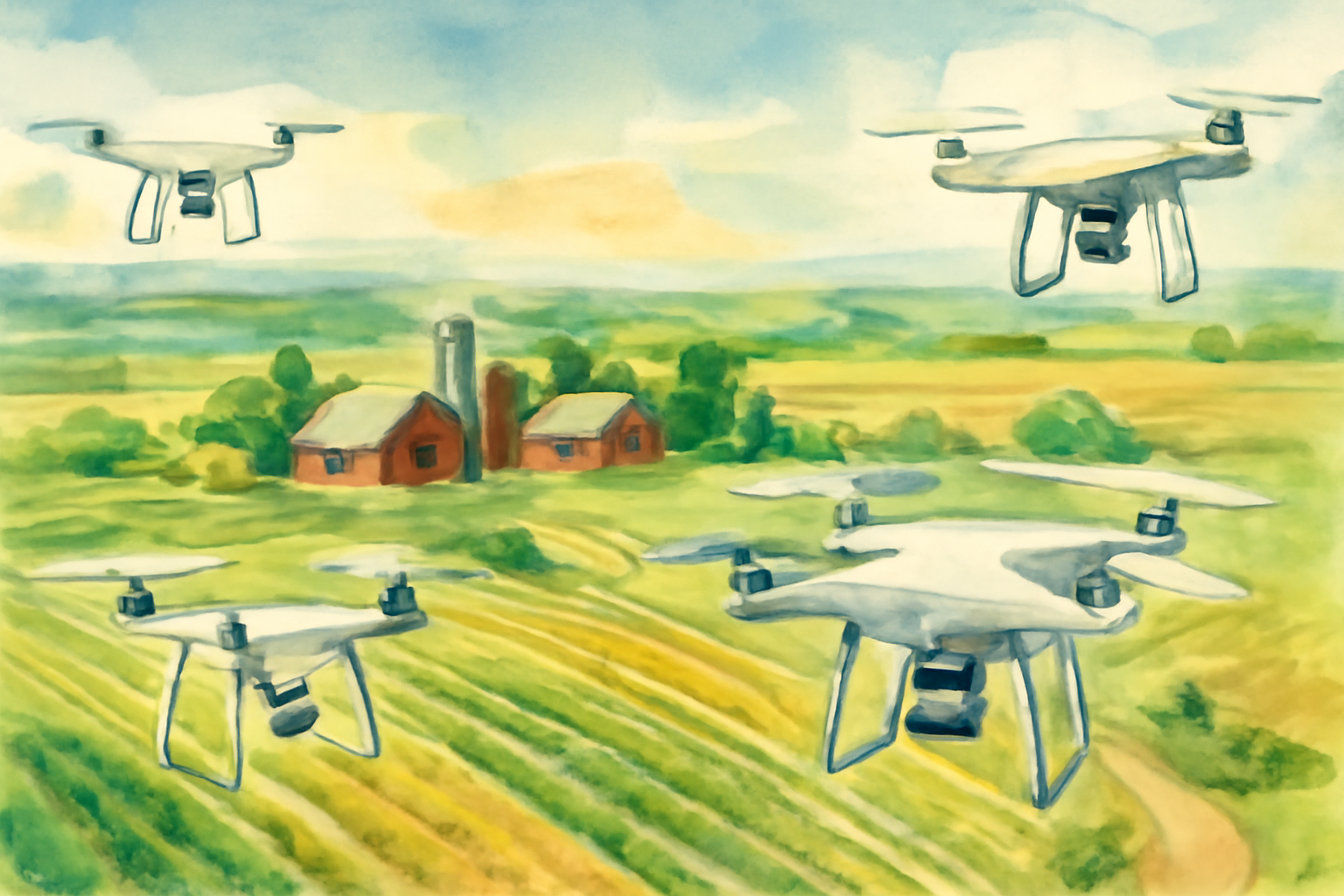
Leasing in agriculture presents an attractive alternative for farmers seeking to enhance innovation and productivity without the financial burden of outright purchasing new technologies and equipment. Leasing allows access to cutting-edge agricultural technology, which can lead to increased efficiency and higher yields, ultimately boosting productivity.
Firstly, leasing helps mitigate the high initial capital costs associated with purchasing advanced farming equipment. Equipment such as GPS-guided tractors, automated harvesters, and precision agriculture tools can significantly enhance farm operations but require substantial investment. Leasing provides farmers with access to these technologies without large upfront payments, thereby enabling small to medium-sized farms to leverage high-tech solutions otherwise inaccessible with limited capital.
Additionally, leasing ensures that farmers can regularly upgrade their equipment, keeping pace with technological advancements. Agricultural technology evolves rapidly, and ownership might lock farmers into older technology which can become obsolete. Through leasing programs that offer flexible terms, farmers can opt for newer models and equipment that offer improved efficiency and productivity features, thus ensuring they remain competitive.
Leasing arrangements can also offer comprehensive service packages, including maintenance and repair. This reduces downtime and ensures the equipment operates optimally throughout the lease period. The reduction in downtime directly correlates to increased productivity and reduced costs associated with unscheduled maintenance.
Moreover, leasing enhances operational flexibility. As the needs of the farm change, leasing allows adjustments and scalability without the constraints and risks of owning and reselling equipment. Farmers can lease additional equipment during peak seasons and return it when demand subsides, optimizing resource allocation and cash flow management.
Finally, leasing options can include financial and tax benefits. Lease payments may be tax-deductible as operational expenses, which can improve a farm's financial health. Furthermore, leases do not typically appear as liabilities on the balance sheet in the same way loans do, which can provide a clearer financial position for securing further investment or financing.
Therefore, leasing not only supports the implementation of innovative practices and the integration of new technology but also enhances overall agricultural productivity by promoting financial prudence, offering flexibility, and ensuring operational efficiency. All of these contribute to sustainable farm management and long-term agricultural success.